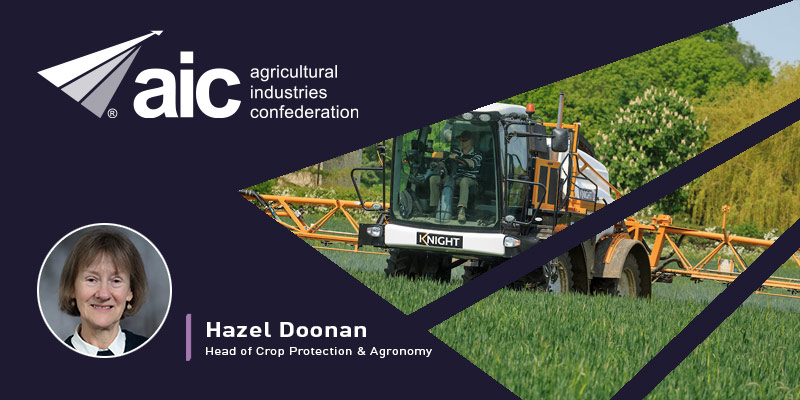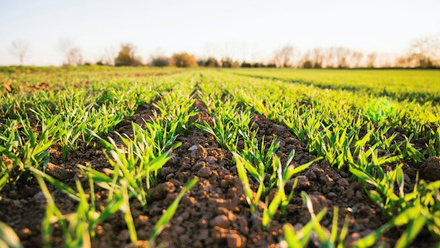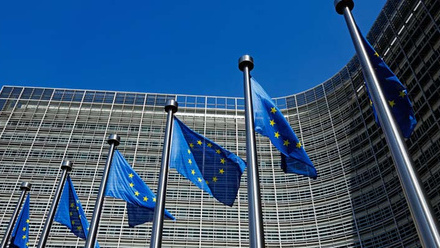Blog: Here’s what happened when I asked ChatGPT if pesticides were good or bad for the environment

In a recent moment of curiosity, I asked ChatGPT if pesticides were good or bad for the environment.
The response from Artificial Intelligence was: "Pesticides are neither inherently good nor bad; their impact depends on how they are used. When applied responsibly and as part of a broader pest management strategy, they can provide benefits for agriculture and public health. However, excessive or improper use can have serious negative consequences for ecosystems, biodiversity, and human health. The challenge lies in balancing the benefits with the risks and adopting sustainable practices."
Apparently, ChatGPT’s responses are learnt by capturing information from the internet to generate the answers to any question you care to ask. On this occasion, I feel I can do better than the answer it has provided.
So what sustainable practices are pesticide users adopting in the UK?
Integrated Pest Management (IPM), which includes regenerative agriculture, aims to reduce the use of conventional plant protection products.
This is achieved, for example, by using cultivations to minimise weeds, pest monitoring and pest thresholds so that pesticides – otherwise known as Plant Protection Products (PPPs) – are used when a pest population is likely to reduce yield, and use of disease or pest resistant or tolerant varieties.
How do we ensure that PPPs aren't used excessively?
BASIS-qualified agronomists work with growers to assess their crops and reach an informed decision on whether a PPP is required.
The grower receives a written recommendation (sort of like a prescription from a doctor) which sets out why the product is being used, the amount required, and when it should be applied to deliver maximum effect.
The Voluntary Initiative for Pesticides (VI) is an industry-led body which champions the responsible use of PPPs. The VI developed the National Register of Sprayer Operators (NRoSO) in 2003 for individuals who apply professional PPPs.
NRoSO membership is a requirement of many UK farm assurance schemes and supermarket protocols. All NRoSO members hold valid certificates of competence and undertake Continuing Professional Development (CPD).
The VI also developed the National Sprayer Testing Scheme which recommends that PPP application equipment is tested annually (above the statutory requirement) to ensure it is in good working order. This minimises the likelihood of accidental drips and leaks.
Not forgetting that cost is a barrier to use. For most important weeds, pests or diseases there is an economic threshold below which a population can be tolerated.
The threshold will depend on the cost of intervention versus the benefit of treatments, which is driven for example by contract requirements with the end buyer of the produce (some processors/purchasers have zero tolerance for pest damage or weed seed contamination).
To conclude, unlike ChatGPT, my learning has been from 40 years in many roles in the agricultural industry as a BASIS-qualified agronomist, PPP product manager, and my current work at the Agricultural Industries Confederation (AIC).
The industry is continually developing sustainable practices and is committed to responsible PPP use, protecting the environment from harm.




